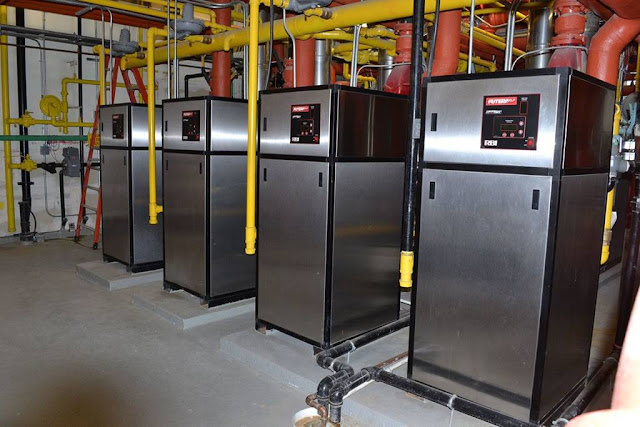Common HVAC Pump Problems And Their Solutions

Hydronic pumps are a critical part of your commercial HVAC system’s operation, keeping your building cool in summer and warm in winter. Here are some of the most common problems with this unit that we’ve dealt with at our commercial HVAC company in NJ, and how to solve them. Cavitation: This occurs when there is too much air in the liquid that flows through the system and can lead to increased wear-and-tear of the pump and damage to the impeller. Vibration: Excessive vibration can be caused by out-of-balance equipment, bad bearings, an unbalanced rotor, bent shaft or a clogged impeller. The pump will have to be checked as it may have worn out, or your system will require lubrication, replacement bearings, impeller adjustment or an adjustment of the flow speed. The pump is too big: HVAC equipment is often selected without considering the size of the area the system is servicing. An oversized pump will start up and shut down more than it is designed to do beca...


